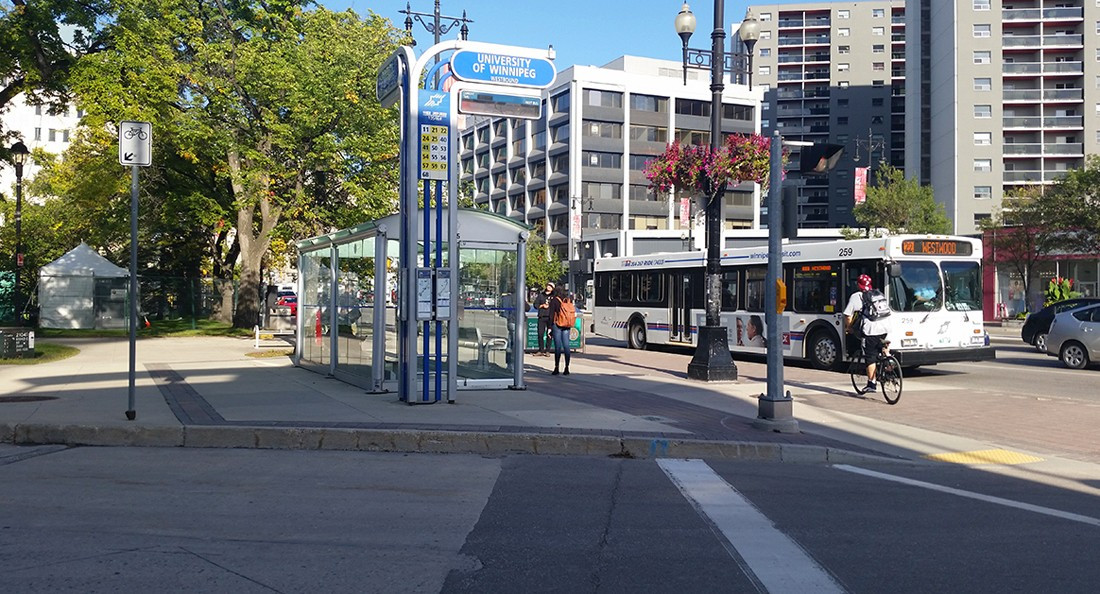Bus bargaining breakdown
Why being late is probably not the bus driver’s fault
After almost nine months of negotiation, two days when bus fares were not being enforced and a rally, the Amalgamated Transit Union Local 1505 (ATU) – the transit workers’ union for the Winnipeg area – might be giving the Canadian Union of Postal Workers a run for their money as the most-talked-about labour group in Winnipeg.
This drawn-out process of negotiations is not the goal of the ATU. Aleem Chaudhary, president business agent of the ATU, says that while the union is willing to negotiate “24 hours a day” if it means coming to an agreement, the City has not been an amicable negotiation partner, with the two sides at an impasse since Aug. 14, 2019.
“We’re trying to save transit from itself,” Chaudhary says, “from the problems that it’s facing, so that riders have a system that they can rely on.
“We’re not fighting for ourselves. We’re fighting for a better transit system, which isn’t something that the union should have to do. The City should be working for a better system,” he says.
Wrapped up in negotiations for working conditions are conversations about how schedules are determined, infrastructure at bus stops, transparency for riders and “a big morale problem” that Chaudhary says goes beyond the scope of Winnipeg Transit – the City of Winnipeg’s Transit Branch – and into
Labour Relations.
Chaudhary uses bus scheduling as an example of how these issues interplay. He says the current bus schedules set by Winnipeg Transit “don’t give operators enough time to get from point A to point B” safely, which creates stress for both drivers and riders. Riders get mad at bus drivers when buses consistently arrive at a different time than scheduled, which can lead to a hostile and dangerous work environment for drivers.
Additionally, he says “most of our operators take pride in providing ... timely service,” but when they are consistently unable to do their job well, this can create a lot of additional stress.
Chaudhary says this stress is exacerbated by the fact that if drivers are late to work, (including being late because of other bus scheduling problems or in the winter, because of a lack of nearby bus shelters), they can lose that entire day of work.
It’s also worsened by the lack of bathroom access that drivers have during their day, and Chaudhary says all this stress can lead drivers to need more time off. He says if the City actually took these issues into account, they would actually save money, because operators would likely need
fewer days off.
The City, however, does not share that view. They estimate that the ATU’s counteroffer would cost the City $68 million more than their most recent offer. Chaudhary says this is misconstruing the negotiations as a cash grab rather than long-overdue updates to municipal transit.
The City’s official press releases on the negotiations have primarily focused on the budget component of these
negotiations rather than issues with working conditions.
Both parties do agree on one thing though: a strike may be on the horizon if negotiations don’t make substantial progress soon.
Published in Volume 74, Number 1 of The Uniter (September 5, 2019)







